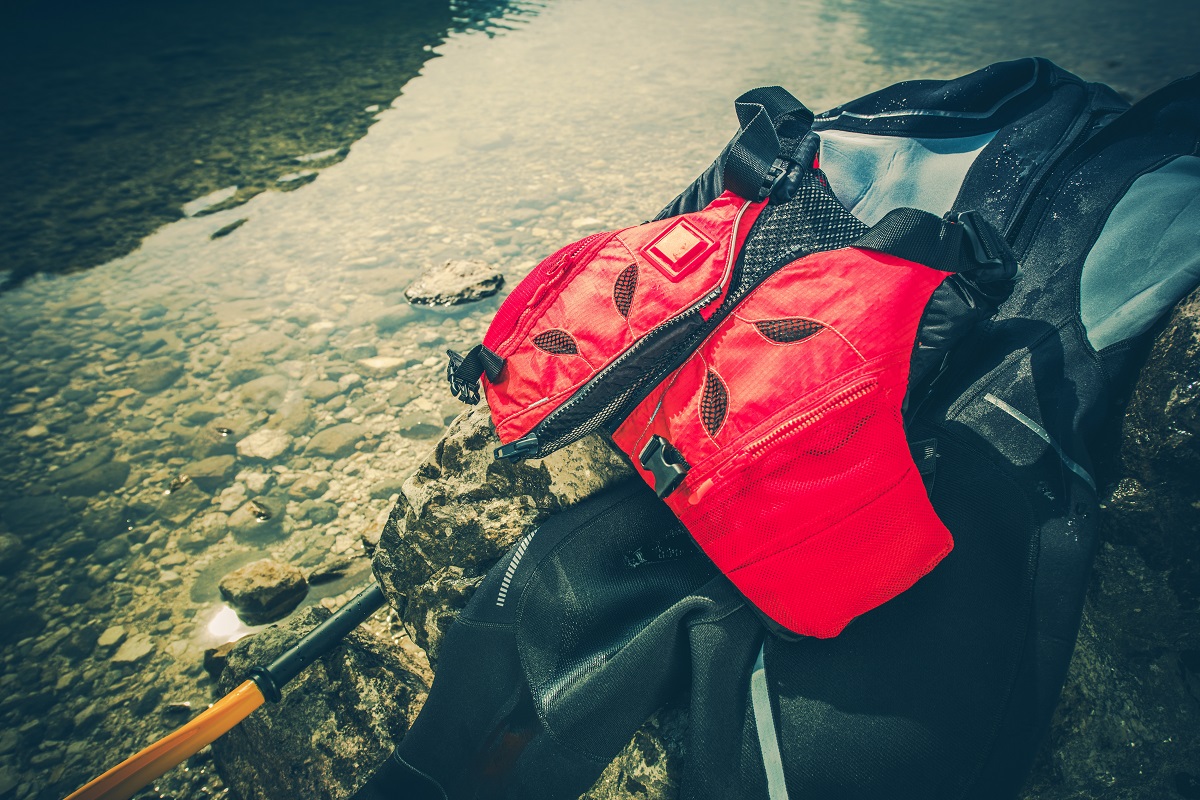Let’s not mince words: water safety is essential. It is a sad reality that drowning is the third leading cause of unintentional injury death worldwide, with an estimated 320,000 fatalities each year. In the UK, the latest data from the Royal Life Saving Society UK (RLSS UK) reveals that more than 700 people drown annually.
Ian Hutchings, a leading authority on water safety and lifeguard training, illuminates, “The majority of these incidents are preventable. Comprehensive knowledge of water safety is paramount.”
Unveiling lifesaving skills: A proactive approach to water safety
Lifesaving skills are a potent antidote to the water safety crisis. Professor Emma Kavanagh, a leading sport and exercise psychologist at Bournemouth University and herself a former international competitive swimmer, supports this view. “Training in lifesaving skills not only equips individuals to respond effectively in emergency situations, but it also fosters a proactive mindset towards water safety,” she explains.
One such real-life example is of a 10-year-old, Matthew Gibson, who saved his younger brother from drowning in a local swimming pool. After learning lifesaving skills as part of his school curriculum, Matthew was able to react promptly and pull his brother to safety.
Preventative measures for water safety: The key to averting disaster
Prevention is a crucial element of water safety. Educational programmes like Swim England’s ‘Learn to Swim’ have been instrumental in teaching children how to stay safe around water. This approach, coupled with public awareness campaigns, has resulted in a 6% reduction in water-related incidents over the last five years.

Mike Dunn, Deputy Director of Education and Research at the Royal Life Saving Society, highlights, “Preventative measures can range from simple actions like always swimming in lifeguarded areas, to wearing lifejackets on boats, to comprehensive water safety education.”
Implementing actionable advice for water safety
Familiarise yourself with the environment
Always take time to understand the local water conditions and hazards, particularly when swimming in unfamiliar locations.
Improve your swimming ability for
Regular swimming lessons can enhance not only your swimming skills but also your understanding of how to respond in water emergencies.
Learn lifesaving skills
Training courses like RLSS UK’s National Pool Lifeguard Qualification (NPLQ) can equip you with the lifesaving skills you need to help yourself or others in a water emergency.
A closing call to action
In my career as a swimming teacher and coach, I have seen first-hand the transformative impact that water safety education and lifesaving skills can have. However, acquiring such skills should not be seen as a one-time effort, but as a lifelong commitment.
If you, your children or loved ones don’t yet have these lifesaving skills, seek out professional instruction. I, in this vital work, stand ready to equip you with the necessary skills and knowledge to navigate the waters safely. As Ian Hutchings aptly put it, “The more individuals trained in water safety and lifesaving skills, the fewer the tragedies.”
Your next swim could be safer, more confident and more enjoyable. So why wait?
